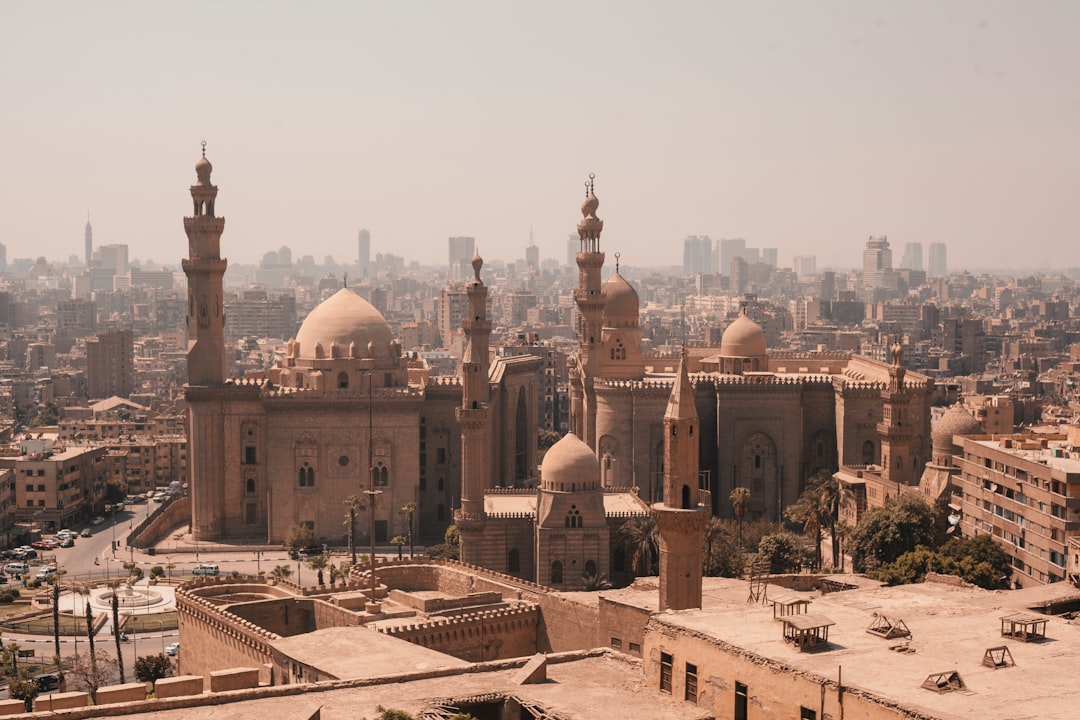What is it about?
This article compares two metaphors of mirrors used to describe postwar Beirut. Beirut is often compared to a mirror, superficial, always transforming in reflection of the exterior (the West). In relation to this, Beirut's 'authentic' identity formation is supposed to have failed. Therefore, Beirut needs to look into a mirror too. This article critically compares two intellectual approaches to this issue and demonstrates they are both implicated in a discourse of absence and mythical rebirth.
Featured Image
Why is it important?
The field of trauma studies has been vital to scholarly research of post-civil-war Beirut within the humanities. This article does not explicitly criticize that field of studies but it critically engages with the notions of absence and future healing or rebirth, which are central to narratives of trauma, as well as (not coincidentally) narratives of urban identity formation in Beirut.
Read the Original
This page is a summary of: Absence in the Mirror: Beirut's Urban Identity in the Aftermath of Civil War, Contemporary French and Francophone Studies, October 2014, Taylor & Francis,
DOI: 10.1080/17409292.2014.976378.
You can read the full text:
Contributors
The following have contributed to this page










